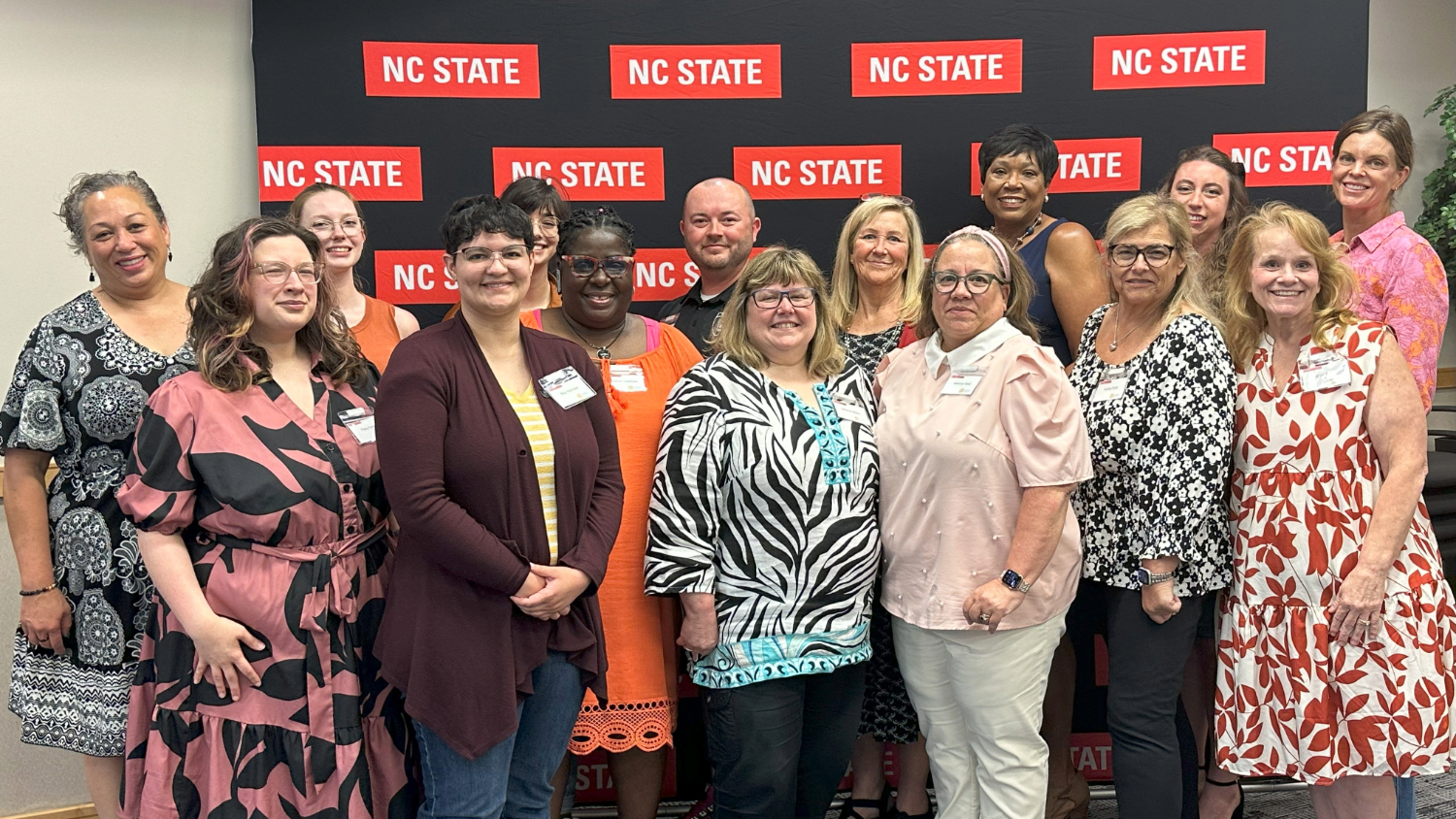When we begin our career journeys, one of the things on our lists of goals is career advancement. Many employees spend years trying to advance their careers by successfully executing the tasks associated with the essential functions of their jobs. They have varying degrees of success using that method to get ahead.
But what if I told you those employees are focusing on the wrong thing? What if the key to success is honing a skill you demonstrate in multiple areas, not just perfecting a set of tasks? If skill building is critical to career advancement, how can NC State help employees hone skills to position them for career advancement?
NC State has needed to make strides in providing employees with career-planning support so they can advance within the university. The university is on its way to doing so now that University Human Resources has created an Employee Career Development unit and tasked the unit with helping staff better navigate career planning at NC State. The unit’s counselors will help employees better assess their strengths and gaps in experience, navigate career development opportunities, and identify professional development resources to augment their skills.
The new unit will partner with Learning and Organizational Development in UHR to help employees identify professional development paths that will increase and improve their skills. The unit will also partner with Classification and Compensation in UHR to build skills profiles that align with the various positions and job groups at NC State.
This unit’s work with Learning and Organizational Development and Classification and Compensation will be important because we need to modernize our approach to career advancement.
The example below helps illustrate why skill development is essential. Let’s imagine two people who are analysts. One analyst gathers data from completed forms and surveys and exports the collected data into a statistical software program for analysis by others on the team. The analyst also compiles supporting documents for further review by the research team.
The other analyst gathers the data from completed surveys, summarizes the demographic data retrieved and prepares sample respondent profiles. The analyst also prepares supporting documentation for the research team’s use.
While some of the tasks the analysts complete are the same, the second analyst has a skill that separates him from the first one — the ability to use statistical software to analyze the demographic data, not just gather and export the data into the software. As a result, the second analyst has a skill that will prepare him to move into an advanced position that requires analysis and independent thinking.
Another reason skill development is significant is because we are in a period of rapid growth and innovation in the workplace, and the very nature of jobs is evolving. Businesses are using artificial intelligence for customer service needs. In some communities, driverless cabs get people from one location to the next. In grocery stores, self-checkout registers are just as common as cashier-operated registers. Our skills have to keep pace to remain relevant.
The onus to help employees see the importance of skill development is on more than just the new unit and its partners in UHR. Supervisors can affect employees’ skills development based on how they allocate work and write job descriptions.
Supervisors who allocate work based on business needs and employees’ skills and interests can foster higher employee retention, productivity and engagement than those who only allocate work narrowly based on a list of duties.
Some supervisors write job descriptions that are overly broad and lack meaningful descriptors of the work the incumbent must perform.
Others write narrow job descriptions that become outdated because the needs of the role evolve. Those supervisors often don’t update the job description to match the changes in the role.
The challenge with both those descriptions is they may both glaze over the importance of capturing the skills a candidate may need to succeed and grow with the position.
“Skills are no longer just a list of bullet points on a résumé or job description,” according to a 2023 study that Mercer conducted. “No longer tethered to a person or role, they have become the primary building block for how our teams and businesses operate.”
Getting ahead of industry changes and better understanding your unit’s business needs can help position you to influence and lead your organization. At the very least, it will help you remain relevant as the tasks and responsibilities within your role begin to shift. UHR’s aim is to help NC State employees remain relevant as we experience rapid changes in workplaces, marketplaces, classrooms and labs.
I hope that shifting a portion of the career development conversation to the advancement of skill sets will better prepare our workforce to meet the changing needs of the university and to be ready to use new technologies and tools.
- Categories:



